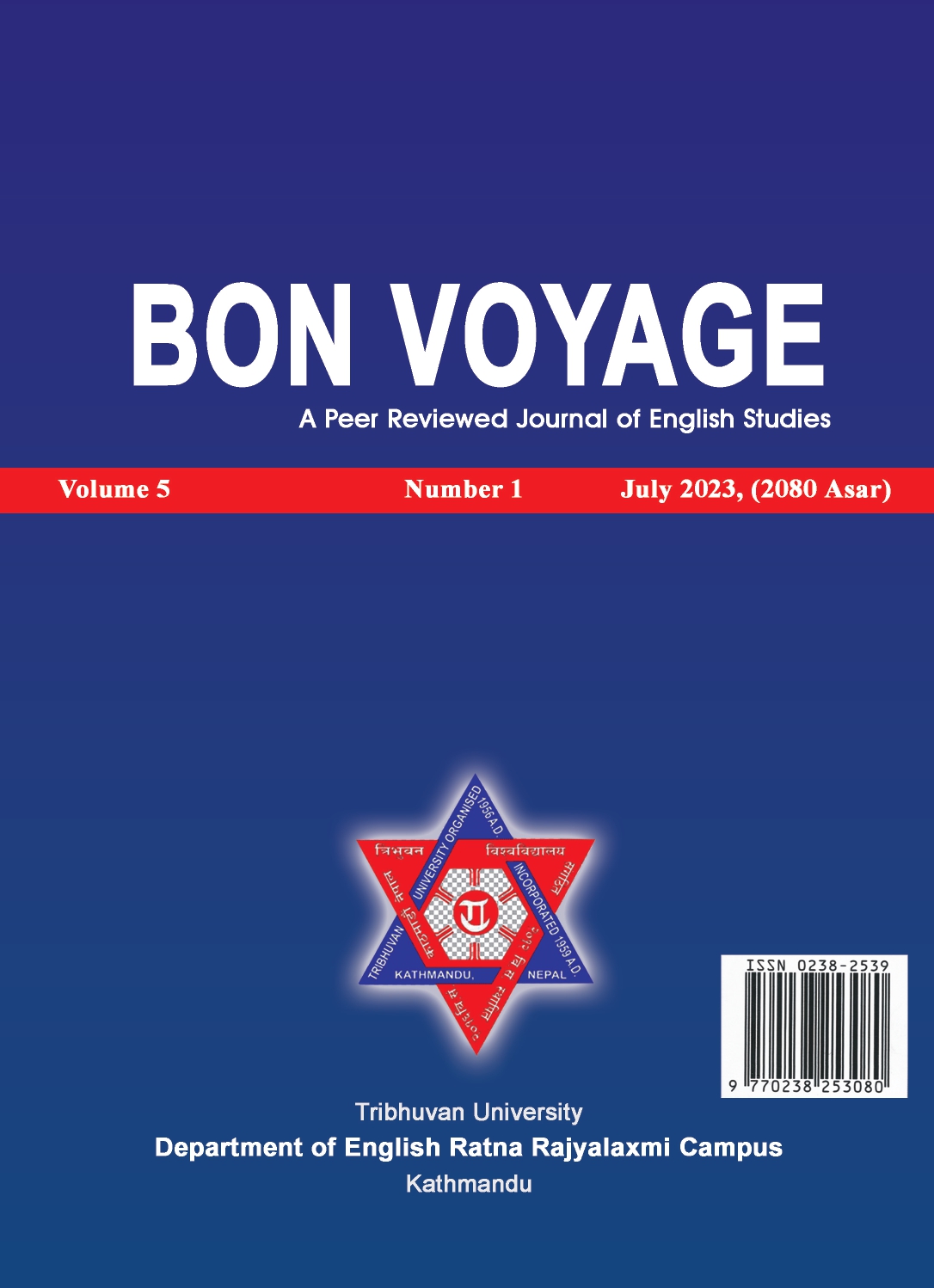Emergence of the Nepali Nation-State: A Stepping Stone to Modernity
DOI:
https://doi.org/10.3126/bovo.v5i1.64367Keywords:
nation-state, capitalism, modernity, Nepali nationalism, historical institutionalismAbstract
The present study examines traces of nation-state and nationalist capitalism in Prithvi Narayan Shah’s Dibya Upadesh, a collection of royal edicts, in the light of relevant historical details. As Prithvi Narayan Shah’s campaign of uniting the princely states has been very contentious one, the scholars have different opinions regarding it. With the abolition of monarchy and rise of the identity politics in Nepal in the recent years, there is no dearth of scholars, who are bent on proving Prithvi Narayan Shah’s venture as a colonial and expansionist campaign triggered by his greed for property and power. However, this dissertation does not try to judge him in terms of needs and values of the present Nepali society. Instead, this study, keeping the values and constraints of the then historical period, examines Prithvi Narayan’s venture in terms of its consequences and thus claims that Prithvi Narayan Shah’s unifying campaign contributed to the rise of nascent nation-state and nationalist capitalism in Nepal. As the nascent nation-state based on the Hinduism, the hill culture and the Nepali [Gorkhali] language set the path of the history of modern Nepal, it has remained a semi-feudal and premodern state at the core. Regarding nation-state, capitalism and modernity, this qualitative as well as interpretive study employs the relevant ideas of Kathleen Thelen, David Gellner, Anthony Giddens, Benedict Anderson, Ernest Renan, Mark Leichty, and Mahesh Chandra Regmi, among others.




